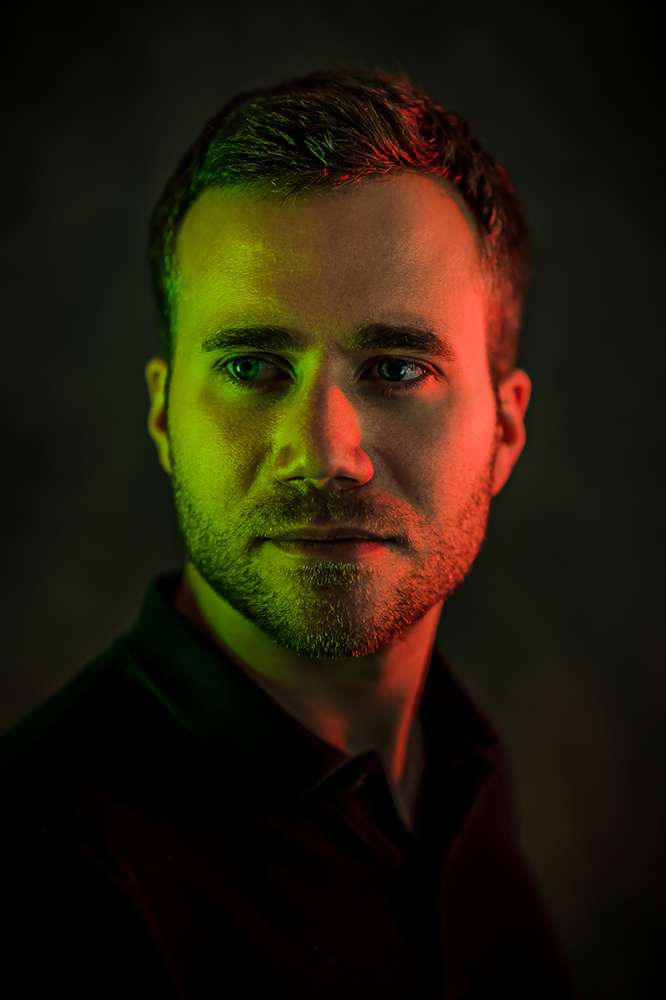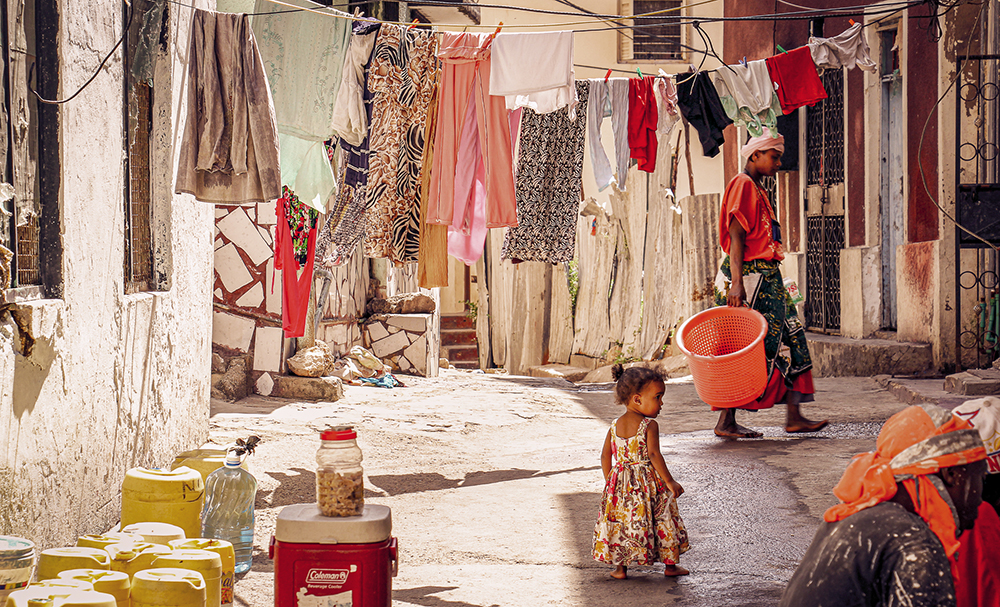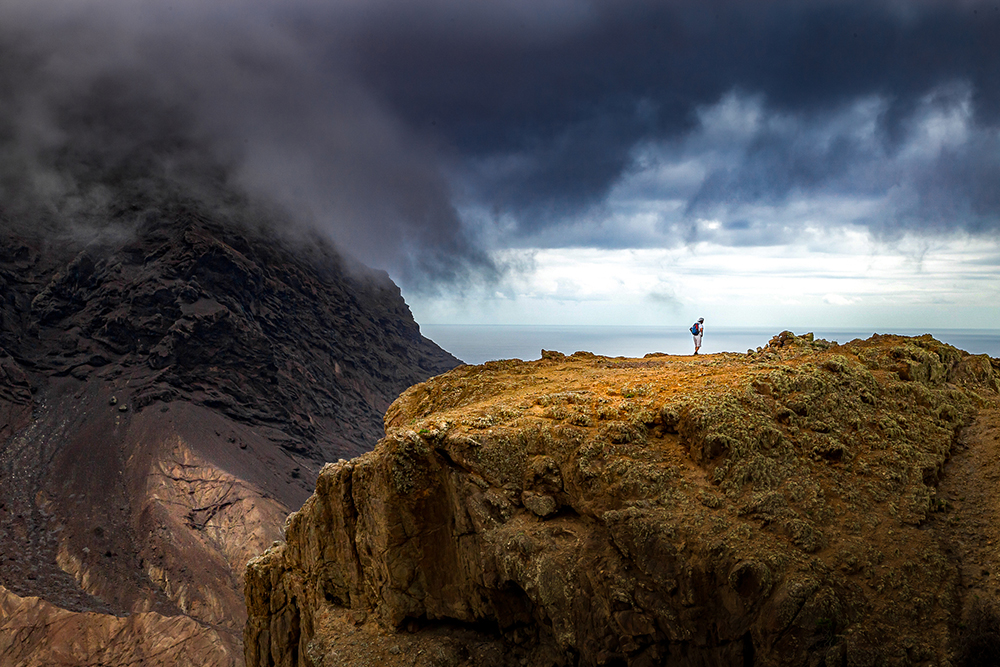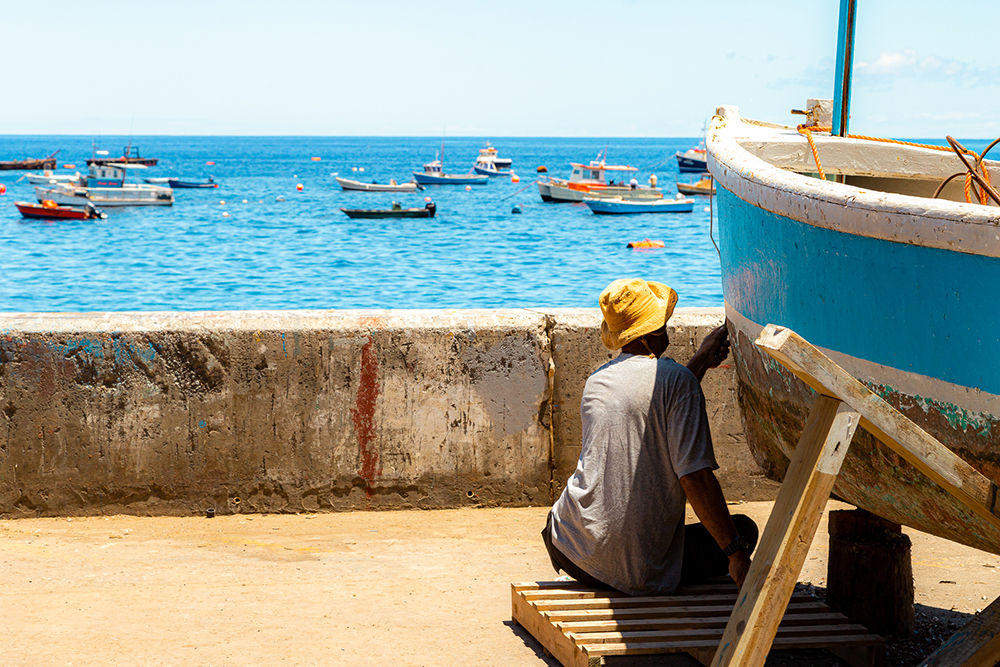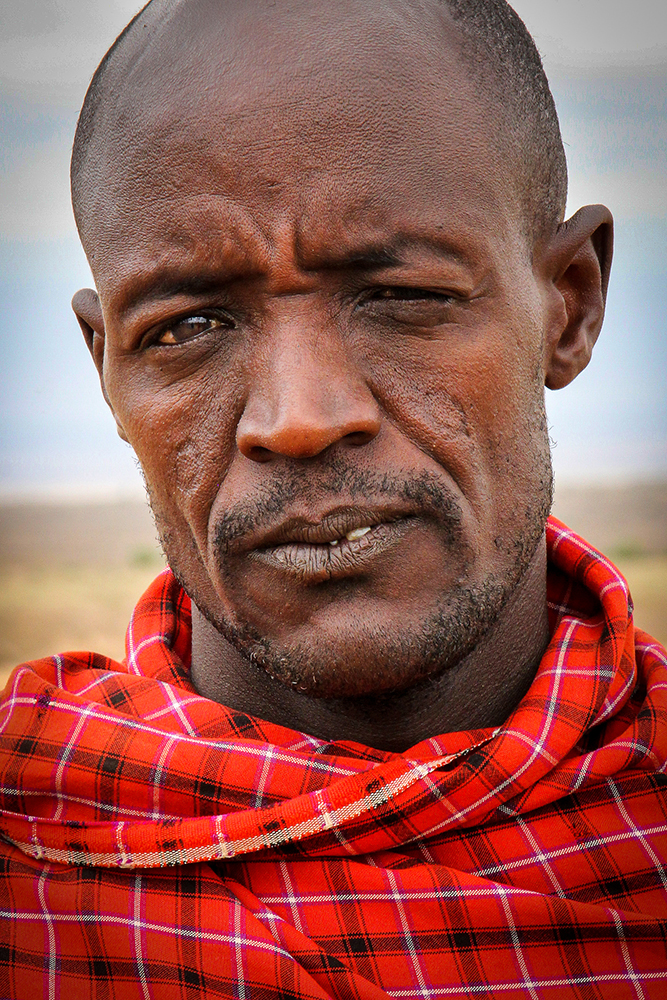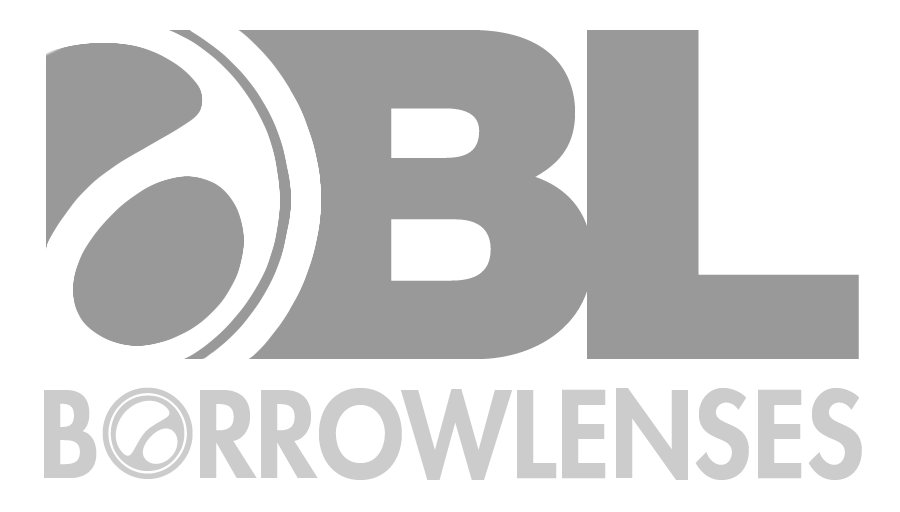
|
|
|||||
|
Featured Photographer, November 2020: Mathias Falcone
We are happy to have Mathias Falcone as our featured guest photographer this month. We appreciate that he gave us some of his time and generously shared his beautiful photography with us! Please visit his links to see more of his work, and to let him know you enjoyed this interview. :: How did you get your start in photography? I'm an 18-year old boy receiving my first mobile phone, a glorious Nokia. All my mates are spending their days texting and playing mobile games, but I lose myself into the built-in phone camera. Tons of candid shots of friends, weird compositions, landscapes, minimalism... everything is so fun to capture during those early days. Photography was an unplanned surprise: it happened, I got happily carried away and never looked back. Things got professional when I moved to London years afterwards and started to shoot behind-the-scenes for films and music videos, then events, until I found my place in travel and documentary photography. :: You're a photographer who shoots multiple different genres. Do you have a favorite and why? Which is the most challenging for you? Travel photography is the most instantly gratifying one because it gets you around incredible places and produces people's favourite photos: landscapes, forests, beaches, sunsets... but documentary photography is definitely my favourite. Nothing is more rewarding than a shot that feels powerful and "present" even years after it's been taken. I really enjoy looking back in my career and seeing this collection of time capsules growing as time goes by. With regards to challenges, portraiture is giving me the hardest time. Kind of paradoxical, because I am very comfortable with interviewing and face-to-face situations of any sort. However, I've recently experimented with different approaches to portraits, using less traditional composition, and I feel I'm onto something. I probably need to shake the rules up and find my own way to unlock faces and expressions. :: What is your favorite piece of non-photography equipment that you bring on every shoot? I have this micro-torch and don't even remember when and where I bought it, it's been with me since forever. So light, so little, so amazing - two inches short, it lights up entire pitch black outdoor spaces and works fantastic for painting too. A real lifesaver on many occasions. Always in my backpack. :: What is one piece of under-rated photography gear you're surprised more people don't use. Hand straps. OK it's not really gear, but they are so amazing and I don't see as many around. That's probably why it took me years to get one in the first place. Now I'm wondering how I could have lived without for so long. :: What is your stance on social media in terms of how you think it affects the business of photography? Is it more good than bad? If you could get rid of it forever... would you? It took me some time to accept and leverage social media, mostly because they require people to become a digital showcase and I don't like to expose myself. Then I realized the obvious - those platforms are there to serve us, not the other way around - and started to exploit Instagram and Facebook for exposure, new clients, winning projects, discovering talent, connecting with colleagues and prospects. I follow one rule to keep on the safe side: no compromises on identity, style and standards. You post what you want, not what trends, you post whenever you want, because life comes first, and you keep photographing to your best because that's the core of creative self-respect. Do this and all social media traps are prevented: engagement obsession, losing sight of real priorities, buying into fake following, etc. I mean, life is too short to be lost behind ever changing algorithms as long as there's still a whole planet to photograph...So far, I tend to believe that social media has been more good than bad for photography, but let's see how things evolve further. :: How does the moving picture differ for you in terms of how you approach it compared to still photography? Filmmakers and photographers work in profoundly different ways, but my core approach is identical for both: clear vision first, then you go for it. David Lynch taught me that it's all about ideas. Whether a photograph or entire movie, the principle doesn't change. The main difference lies in the collaborative nature of filmmaking as opposed to the individual photographer. Before, during and even after you make a movie, transferring your vision to crew, cast and collaborators is absolutely key to ensure everyone's on the same page. There will be moments on set where your cinematographer or actress comes up with ideas that improve what you had in mind, and this can only happen if they truly share your very same vision. It's my responsibility as a director to make this happen. But as solo photographer, totally different game and rules: full freedom, fully decision-making responsibility at all levels, nobody can replace or improve your creative action. I enjoy this too. It's also worth mentioning that I don't treat film and photography as two entirely separate worlds: many of the lessons I've learned while photographing inspired me during the creative process of filmmaking, and vice versa. I find this blend incredibly beneficial to my work. :: What is the scariest thing that has happened to you on a film set or photo shoot? A few years back we were shooting a feature film in a deserted area in South England with a crew of twenty, and our coach suddenly had to get back to base (90 miles away...) before wrap. No other transport available, no coaches or cars we could retrieve from the surroundings, and terrible phone reception too. Only foreseeable scenario, the whole crew stranded right in the middle of that desolation after a dusty day under the burning sun. And our filming permit was expiring too! Absolute madness. Fortunately, I was working with a great production team, and after an unrepeatable, long afternoon of drama we managed to get everyone back home (alive). I'd rather find myself alone in the Sahara surrounded by snakes than going through something like this again. :: What was the best piece of advice you ever received for photography? The best I received: start shooting RAW. That made me a professional. The best I gave myself: stop overshooting. That turned me into a much better photographer. :: Where do you see the world of photography heading in the next 5-10 years? What trends would you like to see more, and what trends would you like to see less? I am sure that photography won't lose significance in a world communicating more and more visually. What I rather fear is the shortening attention span which may eventually dictate photography to aim exclusively for quick-impact shots of oversaturated aesthetic. I see that tipping point coming already: think of how many ‘wow' shots we see daily on our instagram feed and immediately forget, and how little authorial photography with true storytelling power engages at mainstream level. Trends point towards a world where photographic value is proportional to new visual technologies. However, I am not entirely pessimistic: people get tired of HDR and tons of megapixels too, the photographer's eye is still going to be paramount in the foreseeable and beyond. We are not that close to AI being able to replace us... About trends, just three wishes: less overstylised editing, less presets-talking, more raw. emotion photographs. :: If you could only shoot with one lens for every project for the rest of your life which would you pick? 24mm prime. I would miss the bokeh of my beloved 70-200mm, but my work is mainly about wide spaces, vanishing points, sometimes even portraits shot on wide angles for stylistic reasons. My last short film was entirely filmed on wide-angle Fujinons and they worked magic for close-ups. :: Are there any differences you see between photographers from Europe as opposed to those you might have met from the US? Believe it or not, so far I've never had the pleasure to work with US photographers and would be very curious to see if there are shared patterns or clear differences between EU and US colleagues. I guess I'll find out sooner or later. :: What inspires you these days? In film, characters struggling to cope with fast-changing reality and their complex personal universe. Think The Graduate in the 21st Century - you are surely going to find someone like this in my next movies. In photography, I'm fascinated by the contraposition between beautifully slow old times and traditions vs new technologies and futuristic trends. I have a thing for craftspeople in general, and fishermen in particular: capture them in the right place at the right time and they embody the contrast between old and new world unlike anything else. :: Are there any aspects of your childhood that you feel helps you with your photography? I was born and grew up in Trieste, a historical coastal town in Northeast Italy. Childhood had never been a conscious influence in my work until recently when I started to notice nostalgic hometown moods showing up in my pictures while shooting certain locations around the world. That's a pattern I expect will increasingly show up now that I've reached an age where I can begin to look back and see paths in my life and body of work. |
...as solo photographer, totally different game and rules: full freedom, fully decision-making responsibility at all levels, nobody can replace or improve your creative action.
Photographer Spotlight Interviews
|
|
 |
Other Cool Stuff→ Past Workshop Photos → 72dpi.com → How-To Articles → Photographer of the Month |
 |
Contact Us→ Contact Us → About Us → Site Map |
© 2009-2024 Aperture Academy, Inc.
